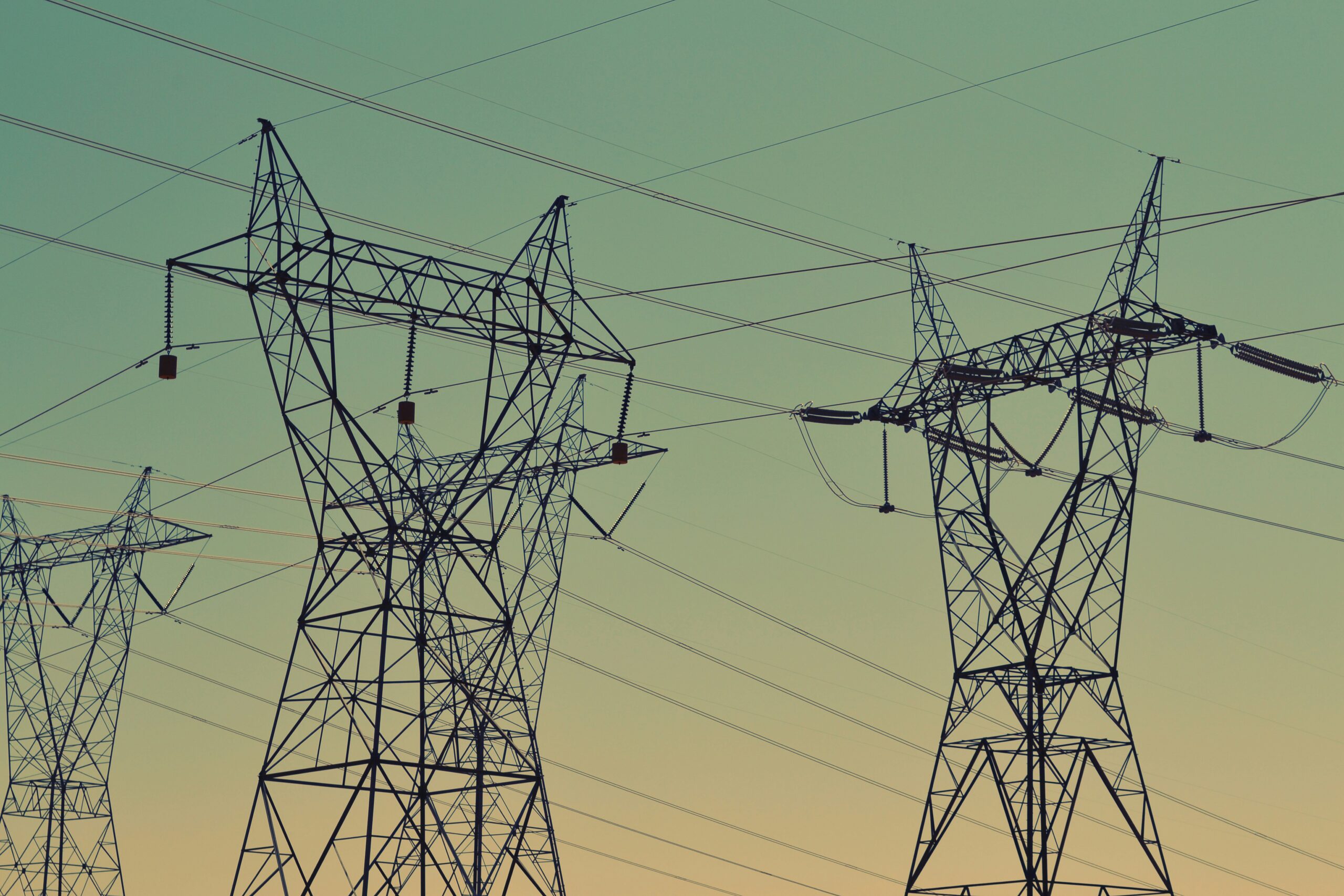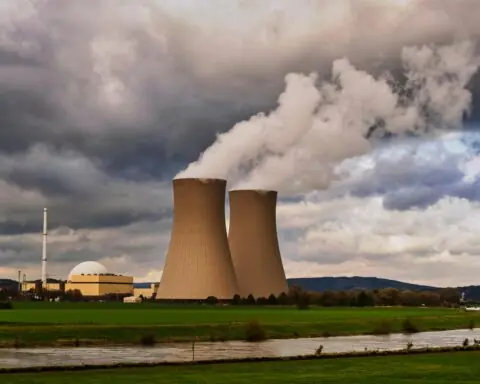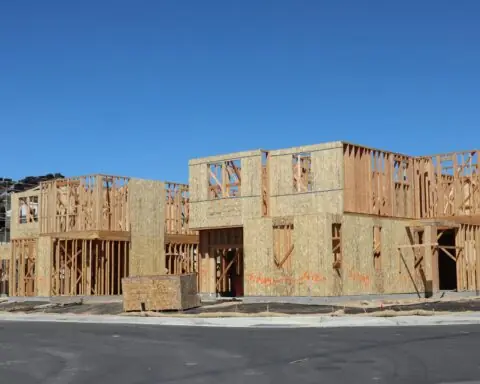The U.S. Department of Energy (DOE) is announcing billions in funding to enhance the nation’s electrical grid infrastructure. This energy initiative will focus on safeguarding the grid against extreme weather, reducing energy costs, furthering clean energy initiatives and increasing energy capacity for manufacturing and electrification nationwide.
The $2 billion funding, provided through the Grid Resilience and Innovation Partnerships (GRIP) Program, is expected to enable over 7.5 gigawatts of additional grid capacity, facilitating the rapid interconnection of clean energy projects. Collectively, the projects in this round of GRIP funding will support the creation of approximately 6,000 jobs and catalyze more than $4.2 billion in public and private clean energy investments.
RELATED: $360 million allotted for energy project to connect Texas’ ERCOT to national power grid
This announcement marks the second round of awardees through the GRIP program. Spanning 42 states and the District of Columbia, the selected projects will collectively upgrade over 950 miles of transmission infrastructure, featuring the construction of more than 300 miles of new transmission lines and enhancement to existing lines through reconductoring and advanced grid technology implementation.
GRIP awards will be distributed to selected projects through three funding mechanisms: Grid Resilience Utility and Industry Grants, Smart Grid Grants and Grid Innovation Program.
The first mechanism, Grid Resilience Utility and Industry Grants, will deliver funding to projects that modernize the electrical grid in preparation for extreme weather events, including wildfires, floods, hurricanes, extreme heat, extreme cold and storms. Electric grid operators, distribution providers, fuel suppliers, transmission owners and operators, electricity generators and electricity storage operators are eligible for funding under this designation.
One Grid Resilience Utility and Industry project, led by PacificCorp, will secure almost $100 million in grants for grid hardening and wildfire mitigation initiatives. Serving locations in California, Oregon and Utah, the project will invest in regional grid hardening and automated system technologies that will protect the local grid from wildfires. Officials anticipate the project will reduce power outages by 50% per mile per year, eliminate ignition risks from distribution lines and develop workforce training and employment in local disadvantaged communities.
Smart Grid Grants represents the second GRIP funding mechanism. Awards given under this category will support projects that increase the flexibility, efficiency and reliability of the electric power system.
The highest-funded Smart Grid Grants awardee is Avista Utilities, securing $65.6 million from the DOE. In partnership with the Idaho Power Company, the project will utilize wildfire-resilient designs and material to reconstruct the Lolo-Oxbow 230 kilovolt transmission line that serves hundreds of thousands of local residents. Avista Utilities and Idaho Power Company will upgrade the main line along with several other transmission lines to increase interregional transfer capacity by approximately 635 megawatts in total. The project will serve communities in Washington, Idaho and Oregon.
The third and final funding mechanism is the Grid Innovation Program, which offers financial assistance for entities to use innovative approaches to transmission, storage and distribution infrastructure problems. Emphasizing collaboration, projects awarded funding under this program will develop initiatives in partnership with electric sector owners and operators.
One such project, led by the Virginia Department of Energy (VDOE), will implement Battery Energy Storage System (BESS) technologies at the Iron Mountain data center in Virginia and a combination of turbine, solar and BESS technologies at the Grace Compex in South Carolina. Allocated over $85 million in GRIP funding, VDOE will work with its partners to provide resilience to local data centers and the power grid through the deployment of clean energy.
A full, comprehensive list of GRIP awardees, including projects in round one and round two, can be found on GRIP Program selections webpage.
The $10.5 billion federal GRIP program offers funding opportunities for entities to enhance grid flexibilities and power system resilience in light of extreme weather events and climate change’s growing threat. Allocated funding under the Bipartisan Infrastructure Law of 2021, the program intends to accelerate the deployment of transformative utility projects that ensure reliability in the nation’s power infrastructure.
So far, the program has delivered a cumulative $7.6 billion in federal funding to 104 unique projects.
Previously, the DOE announced $600 million in GRIP funding for projects to enhance grid stability, resilience and related-utility infrastructure in communities recently affected by Hurricanes Helene and Milton.
Photo by Fré Sonneveld on Unsplash













